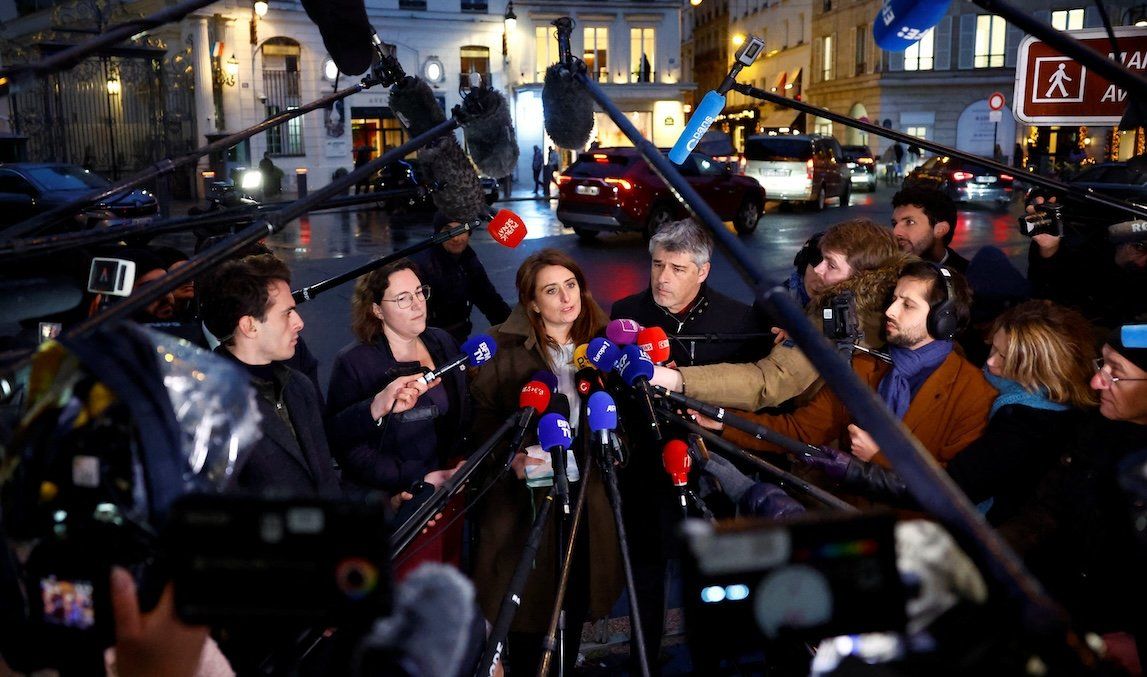On Tuesday, France’s President
Emmanuel Macron hosted a
meeting with the leaders of center, center-right, and center-left political parties at the Elysee Palace in a bid to end France’s political crisis by building support for a new prime minister and a 2025 budget. Leaders of the far-right National Rally and hard-left France Unbowed were not invited, a decision that National Rally head
Jordan Bardella says demonstrated
“disrespect and a lack of elegance.” Those who did attend the meeting told reporters that Macron hopes to nominate a new prime minister “within 48 hours.”
France finds itself unable to form a government and pass a budget because Macron called an election for July that empowered both right- and left-wing hardliners with no political bloc winning a majority. France has no prime minister at the moment because these hardliners ousted Michel Barnier – who held his post for just 90 days – in a no-confidence vote. That’s the shortest tenure for any PM in the history of France’s Fifth Republic, which began in 1958.
For now, France’s Green Party says it won’t join a “national interest” government. The Socialists insist they will only support a left-wing prime minister, a non-starter for conservatives.
